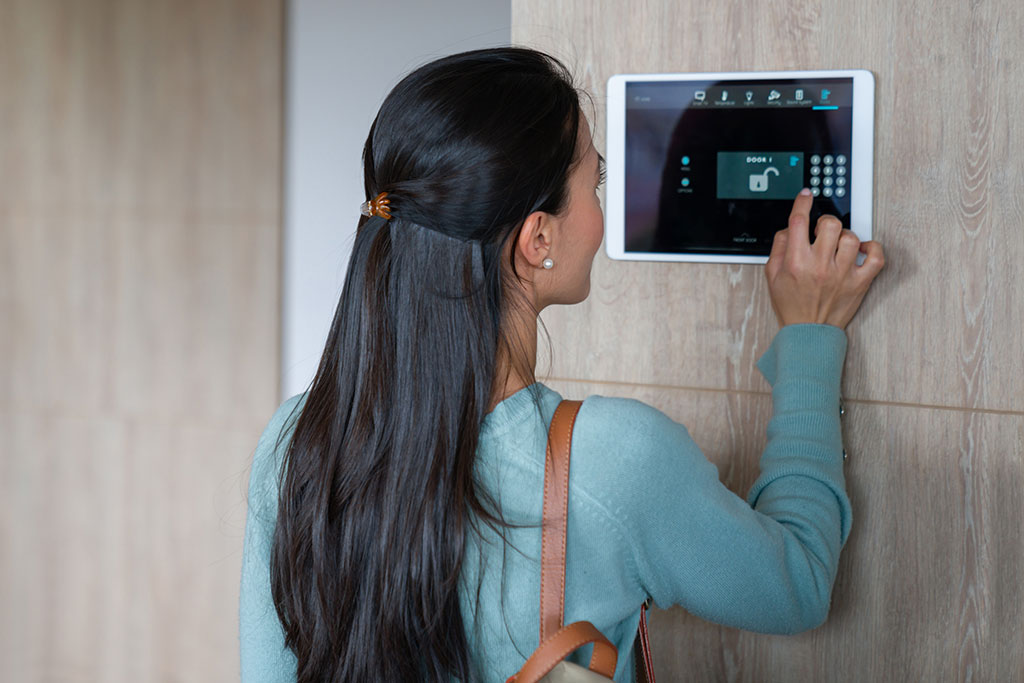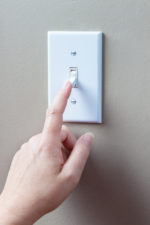A Homeowners Insurance Checkup
Homeowners insurance is not merely a luxury—it is a financial safety net to protect against the costs of repairing or replacing assets damaged by unforeseen events like fire, theft, or flood.
However, what was adequate coverage in the past may no longer be sufficient today; it may even be excessive, inflating your insurance premiums unnecessarily. If any of the following factors have changed recently, now may be the time to review your policy to ensure it properly suits your needs.
Credit score
In most states, insurance providers utilize a credit-based insurance score to assess the risk of insuring you. This assessment is based not on your ability to pay your premiums but rather on the likelihood of you filing claims since individuals with lower scores tend to do so more than those with higher ones. While your insurance score does not factor in your credit score, it is calculated using the same information, so if the latter is higher, you can safely assume the former is as well. As such, if your credit score has improved since you first purchased your policy, you may want to request a reassessment of your insurance score from your insurer or shop around for better quotes to potentially reduce your costs.

Deductibles
Before your insurer will pay for any damages or losses to your home or personal property or for injury-related claims, you’ll be required to pay an out-of-pocket expense called a deductible. As with most other types of insurance policies, the lower your deductible, the higher your premium will be and vice versa. Though opting for a higher deductible can save you money in the short term, it’s crucial to ensure you have enough financial reserves to cover the deductible amount should you need to file a claim. If, for example, you just had to pay a big expense, you may no longer have those important funds, prompting you to consider lowering your deductible, at least until you can build them back up.

Employment status
Though your employment typically doesn’t factor into your homeowners insurance, there are a couple of instances where it may impact it. First, if you start a home-based business, you’ll need to notify your insurer and potentially increase your coverage. The average homeowners policy provides only about $2,500 in coverage for business equipment, so if you want to insure any inventory or protect against liability or lost income, you’ll need to take out a separate policy, such as a businessowners policy. Moreover, once you retire, your insurance company might reduce your premiums since being at home more frequently lowers the chances of burglaries and increases the likelihood of detecting and addressing potential issues, like a burst pipe, before they become more costly problems.

Feature and system upgrades
Many insurance providers offer attractive premium discounts to homeowners who modernize their homes with the latest technologies and features. These cost-saving measures include updating your electrical wiring, installing a security system, and adding smart-home technology such as smart locks, water- and gas-leak detection systems, or even freezing pipe sensors—especially crucial for those in colder climates. Furthermore, if you live in a region more susceptible to wind-related damage or natural disasters, you may experience additional savings by installing shatterproof glass windows and storm shutters. Regardless of any discount, though, always promptly notify your insurer anytime you make such upgrades to ensure your policy covers the cost of replacing them.

Home renovations and improvements
Making significant home improvements, such as increasing your square footage by adding a screened-in patio or extra bedroom, will require you to reassess your coverage. Even for projects that do not modify the blueprint, like a kitchen renovation or finishing your basement, you’ll want to update your policy so your coverage encompasses these larger-scale improvements and accurately aligns with the replacement cost.

Personal liability
Most homeowners insurance policies include liability coverage that will pay (once you’ve met your deductible) for injury-related incidents experienced by you, another household member, or a nonhousehold member. Therefore, if there have been significant changes to who lives in your home—an older parent moving in or a child moving out, for example—you may need to change your policy. Also, be aware that some insurance companies will not insure certain breeds of dogs they consider dangerous. Communicate with your agent in advance if you plan to get a new pet to understand the extent of your policy coverage.

Personal property
Acquiring valuables such as jewelry, artwork, or antiques, whether through purchase or inheritance, may necessitate adjusting your homeowners insurance policy to accurately reflect their replacement value and ensure they fall within your coverage limits. Conversely, if you part with valuables that are currently insured, you should adjust your policy to help reduce your premiums.
Property values
Over time, market trends can lead to fluctuations in your home’s value, making it a good idea to contact your real estate agent periodically to stay informed of any significant shifts in home prices in your neighborhood. If notable changes haveoccurred, you can update your policy so your coverage accurately reflects the current market value of your home.

An up-to-date homeowners policy can provide peace of mind, but only as long as it fits your coverage and budget needs. Make it a practice to review your policy annually, familiarize yourself with all its terms and conditions, and notify your agent whenever you make significant changes to your home. Even small adjustments can make a valuable difference in the long run.


















